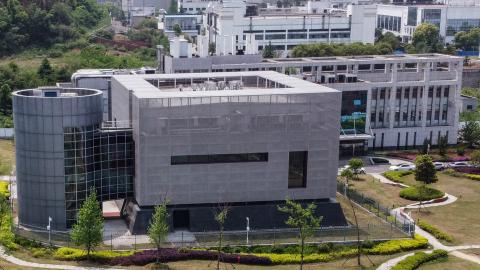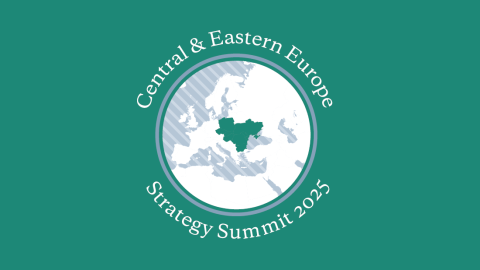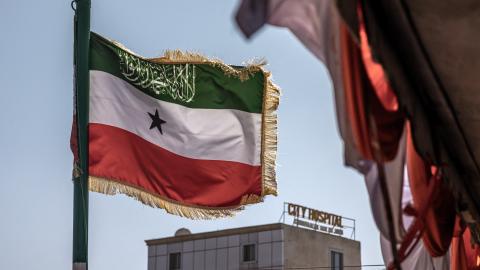Amid reports that President-elect Donald Trump’s administration may consider recognizing the self-governing coastal region of Somaliland as independent from Somalia, Somali Ambassador to the United States Dahir Hassan Abdi wrote an op-ed arguing that the US should support a unified Somali state.
But the ambassador’s argument relies on numerous inaccuracies. Those are detailed below.
1. Somalia currently has territorial integrity, and recognizing Somaliland would break that integrity. The Somali government does not currently have territorial integrity. Islamist terror group al-Shabaab still controls parts of the country. Somaliland has not been functionally a part of Somalia for decades. And Puntland and Jubaland frequently defy Mogadishu. Arguments premised on fictions are irretrievably broken.
2. The US-Somalia partnership has “bolstered regional stability.” The region is as unstable as it has been for decades.
3. “Clan-based ambitions threaten to fracture Somalia’s national cohesion.” There is no national cohesion to fracture, in part because clans remain the fundamental ordering principle of Somalia’s society. Rather than denying that reality, Somalis should build a highly decentralized order that accounts for their preeminent loyalty to clan. The US and its partners should stop pretending that a strong centralized government can work in Somalia.
4. “The United States must remain committed to Somalia’s sovereignty within its recognized 1960 borders—an enduring policy that has helped stabilize one of the world’s most strategically vital regions.” This is one of Abdi’s strangest claims. Somalia has consistently been among the least stable countries in the world since 1969, and it has in turn caused massive regional unrest. US policy built on the fiction that Somalia is a unified nation with territorial integrity has demonstrably failed.
5. “A divided Somalia would distract the central government from counterterrorism operations and disrupt the successes already achieved.” Again, Somalia is already divided. Also, Mogadishu already allows all sorts of things, usually petty political squabbles, to distract it from fighting al-Shabaab. The Somali government’s easily distracted nature has proven time and again that it is not a competent counterterrorism partner for the US.
6. “A unified Somalia . . . can foster transparency, attract responsible investment, and ensure its people benefit from [the country’s] resources—all while reinforcing the stable environment in which US interests can flourish.” The Somali government cannot achieve these lofty goals because Somalia is not unified. Decades of experience demonstrate the country will continue to be divided for the foreseeable future. And it is not clear that unity in Somalia would lead to transparency or competent governance. Mogadishu currently demonstrates neither of those things. There is no reason to believe it will magically improve, even if Somalia somehow, for the first time in its people’s history, becomes unified.
7. “By helping Somalia strengthen its institutions, enhance security forces, and foster inclusive political dialogue, the United States ensures that clan affiliations enrich national identity rather than fracture it into competing states.” The US and others have formed policy based on this belief for over a decade. It has not worked. Why should it suddenly begin working now? What has changed?
Fundamentally, the ambassador’s arguments—and Washington’s current policy toward Somalia—rest on fictions: (a) that Somalia is united, politically or societally, (b) that the government in its current form contributes to regional stability, and (c) that Mogadishu’s actions are a net positive for the US. Washington cannot achieve its goals in the Horn of Africa without first acknowledging reality and building policies that reflect that reality, rather than comforting fictions.



















